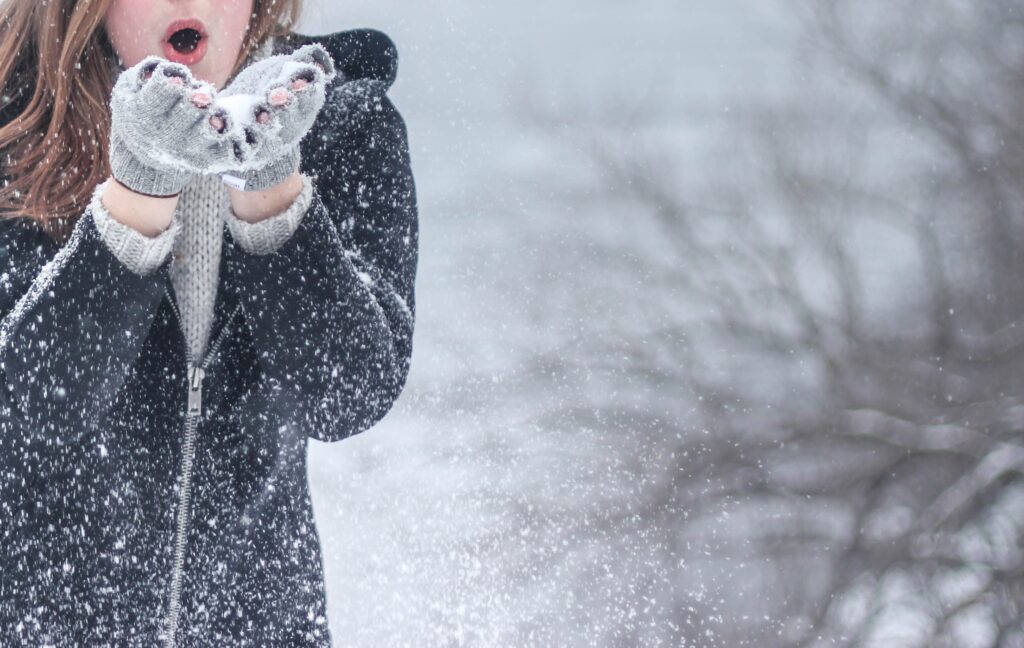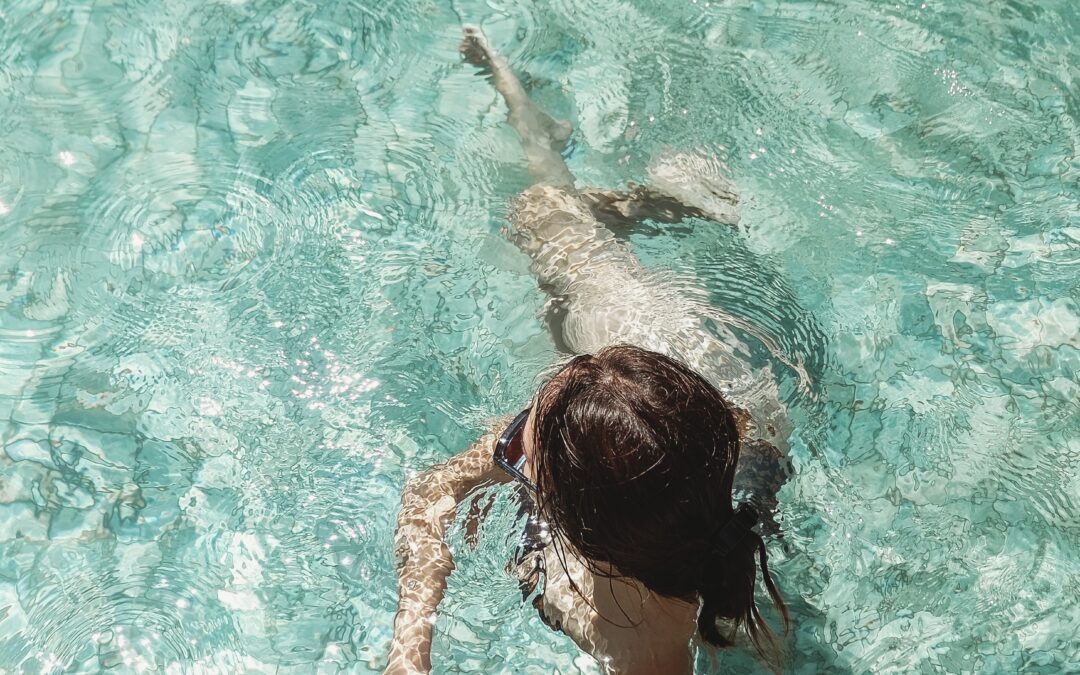Labor Day is traditionally the “official” end to summer. We feel like the coronavirus pandemic has changed a lot of that. Usually, once Labor Day is over, the kids go back to school and we settle into autumn and winter routines. For many though, school is still virtual and if it’s warm where you live or if you have a pool water heater, you just might want the pool to stay open longer.
Closing the pool may not seem like a “fun in the pool” article, but it will make the pool opening more fun and easy the following summer!
We don’t blame you! You certainly don’t have to have your pool closed the day after Labor Day, but you do want to think about when you will want it closed. You definitely don’t want to not close the pool for the season because that can lead to pool and equipment damage that could cost you thousands — if not more — in repairs and replacement.
A proper end-of-season pool closing protects the pool all winter long and makes it a smoother process to open the pool the following swim season.
If you have a hot tub or an outdoor seating area that is heated or that you can have fire features in, you can enjoy backyard living for quite some time after the pool has been closed. Some people simply don’t want to think about having to be indoors all the time once it gets cold — especially if your children are all home from school for the foreseeable future!
Who will close your pool?
- Will you close your pool yourself
- Will you hire a pool contractor You will want to contact a pool service pro sooner rather than later if you want to get on a schedule to get your pool closed when you have a date in mind for the closing
Getting Ready To Close The Pool For The Season?
When your pool is properly closed, it will survive the winter — the snow, ice and freezing temperatures. A swimming pool contractor understands the gravity and necessity of a proper end-of-season pool closing. A proper pool closing involves lowering the water levels, adding chemicals, thoroughly cleaning the pool, removing the equipment, draining plumbing, and properly putting the winter pool cover in place.

We have put together pool closing steps & the reasons you need to protect your pool this winter season
- The biggest risk to a pool is from frozen water. If the water freezes it can crack and damage the plumbing, pipes, filter, pumps and skimmer basket. Frozen equipment and components may mean you will need to pay for repairs or replacement and that can not only be costly and delay the pool opening for the new swim season. A proper pool closing ensures the water is drained and that the equipment will weather the winter.
- The pool will be thoroughly cleaned prior to closing. Walls and floor will be brushed and vacuumed.
- To prevent any discoloration of the structure, corrosion of the equipment or scale or calcium build-up, water chemistry will be tested and chemicals added. There are also chemicals added specifically for winter and those will be added once the pool water levels have been dropped for the off season.
- The pool filter will be removed, cleaned and stored for the season. Equipment that can’t be removed will be securely covered for the season
- After everything has been cleaned, drained and the chmicals added the inflatables will be put into the water and the winter clver will be put in place. NOTE: Check and remove any standing water from the cover throughout the winter season. If there is too much snow or melted water on the cover it could damage the cover, the pool and upset the water chemisty and allow debris to get into the water.
Once winter has passed and summer is on its way you will be happy you’d taken the time to hire a pool professional to close the pool for the season because you will be thankful when the pool opening is smooth and easy.

